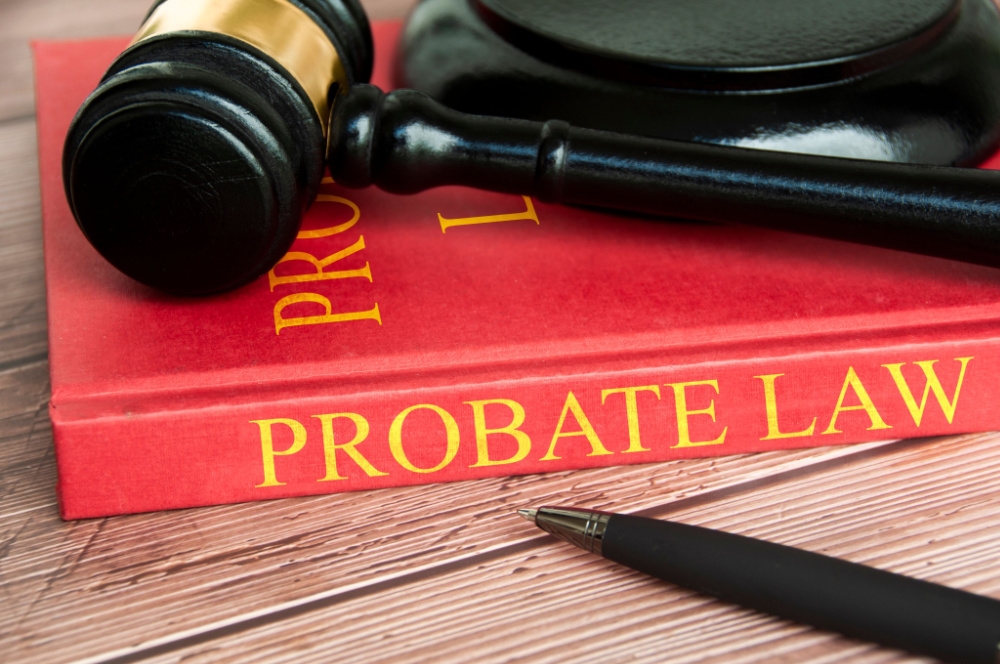Death is never easy for the loved ones left behind, but it becomes even more difficult legally, practically, and financially when the deceased family member’s estate (everything they owned) needs to go through probate. In the state of Florida, if someone passes away without leaving certain legal documents in order or taking other measures to arrange their affairs, their financial assets and personal possessions will typically have to undergo probate. Probate is expensive, complicated, time-consuming, confusing, and overwhelming for grieving families, but the good news is that it doesn’t have to happen to your estate when you die! Knowing how to avoid probate in Florida can protect your assets from being depleted and protect your family from stress.
What Is Probate, & Why Should You Avoid It?
Probate is a Florida court process that legally transfers a deceased person’s assets to their beneficiaries.
It involves submitting the will to the court, if there was one, which will govern the process; if not, Florida’s intestate laws will determine who gets what (usually the closest living relatives). A family member (either specified in the will or appointed by the court) will be named as the estate’s executor, or the person in charge of the process. The executor will need to: gather, inventory, and appraise the assets; arrange for the maintenance of the assets until probate is closed; formally notify creditors, the public, and beneficiaries; settle outstanding debts with creditors; file final tax returns and pay outstanding/estate taxes, if applicable; submit various documents to the courts; pay fees; meet deadlines; and close the estate once all other probate tasks have been completed.
While probate isn’t inherently “bad” – it ensures that random people can’t claim ownership of a deceased person’s possessions – it’s certainly not good for grieving families, and you want to avoid probate in Florida if possible. Families who go through probate in Florida face:
- Being unable to inherit your possessions (e.g., not being able to sell or renovate your house) until probate is complete
- Having to correctly complete and file complex legal paperwork
- Paying expensive probate fees (and additional fees if deadlines are missed or mistakes are made)
- Having to communicate with the courts and with creditors
- Having to hire a probate lawyer and pay their fees
- Potentially having to enter into litigation if the will is contested or if creditors make claims
- Taking anywhere from 6 weeks to 6 months to years or longer to complete the legal proceedings
- Having their inheritance depleted by the above-mentioned fees
- And more.

